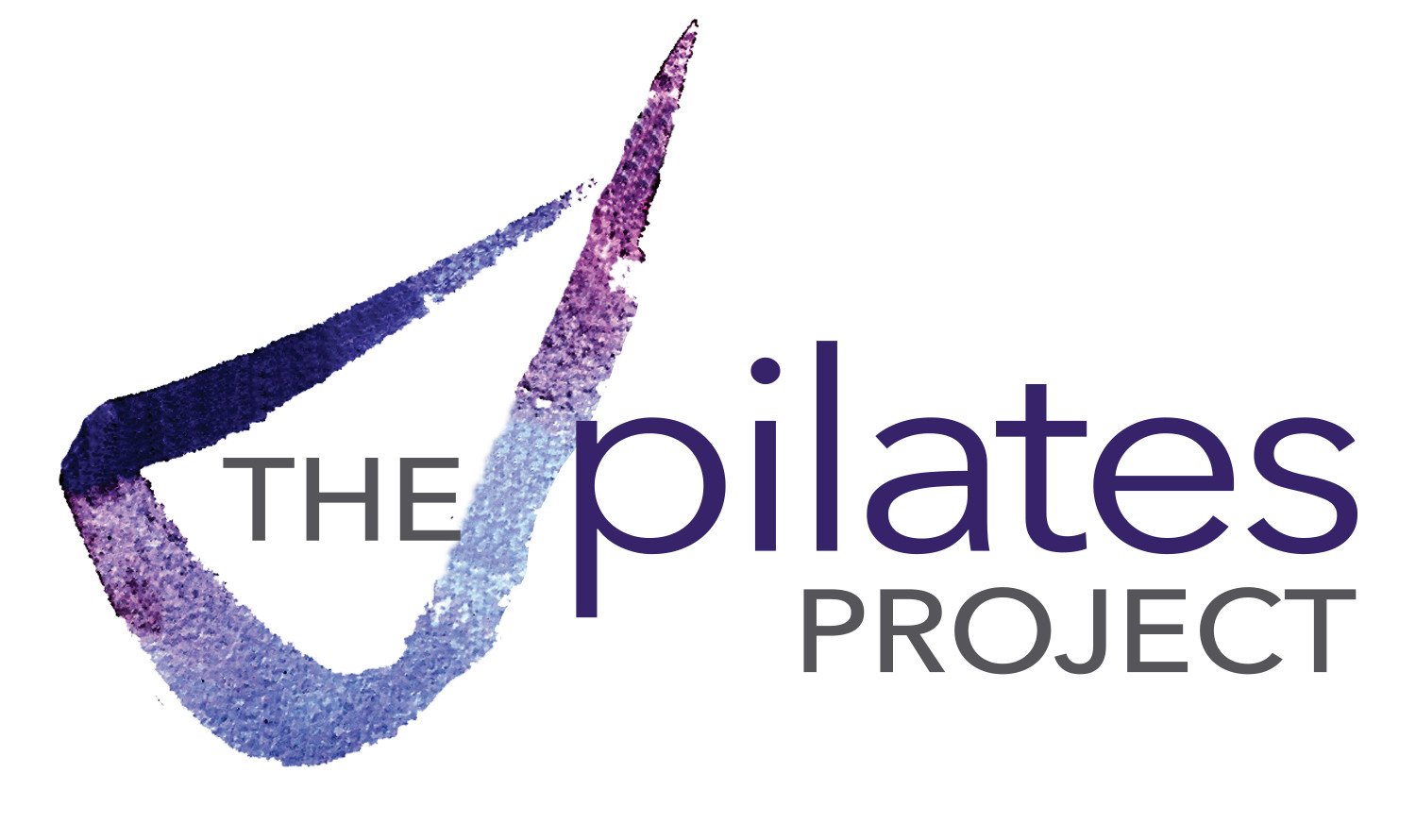Built to Last: How to Maintain Muscle Strength with Age
Are you over the age of 35 and noticing that your tush, thighs and triceps are not as tight, toned, strong and solid as they were a few years ago? You are probably not mistaken. So depressing, but with each passing year comes a loss of muscle mass -- about 1-2 percent per year over the age of 35. After age 40, people lose about 3-5 percent of their muscle mass each decade, and that rate of muscle loss accelerates over the age of 70 .Muscle loss is inevitable in the aging process and is caused by several physiological factors: loss of nerve cells that tell the brain to move your muscles, hormonal changes, vascular changes. Blood vessel function becomes impaired, affecting the delivery of blood and nutrients to the muscles. The body becomes slightly more acidic as it ages, which ultimately triggers protein breakdown. The loss of lean muscle in the older years is called sarcopenia and can cause frailty, which ultimately leads to falls and hospitalization. Here is the good news -- you don't have to be one of them. Here are some measures to keep your muscles strong for as long as you can.
Resistance Training. Great news! Pilates is resistance training. Whether you use springs, weights, bands or your own body weight, resistance training can keep and maintain the muscle mass and has been shown to help neuromuscular system hormone concentrations and protein synthesis rate.
Eat More Protein. With age, the body's ability to synthesize protein diminishes. Consuming protein foods -- especially those that are rich in the amino acid leucine -- seem to stimulate muscle protein synthesis more than other comparable protein foods. Sources of leucine include milk, whey, tuna, beef, chicken, soy, peanuts and eggs. Doctors recommend 25-30 grams of protein per meal for older adults.
Hormone levels. Aging adults have a reduced output of mechano growth factor, a hormone that helps build muscle in response to exercise. Because hormone levels can significantly affect muscle mass, all adults over the age of 40 should undergo annual blood testing to track their hormone levels and address any deficiencies with a doctor.
